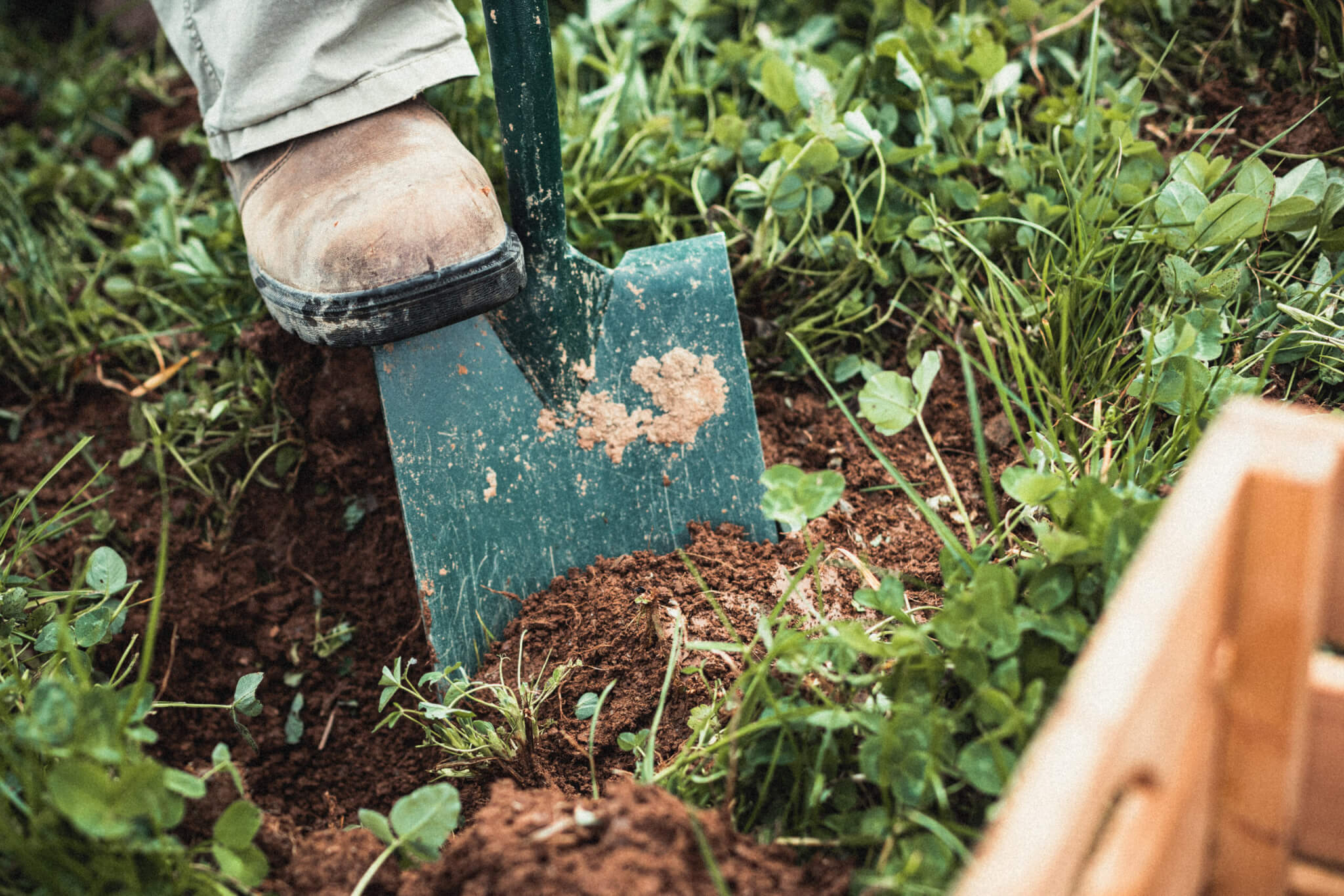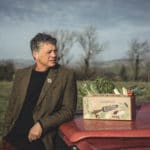My conventional, reductionist scientific education, which emphasised individual processes rather than an appreciation of complex systems, left me with a reluctance to accept what I don’t understand.
At agricultural college, we were shown response curves to fertilisers, and taught how to calculate economical application rates; soil was merely an inert physical medium that provided water and helped crops to stand up. There were a few soil scientists who emerged from the basement, blinking like moles, to teach us about mycorrhizal fungi, earthworms, legumes, and the nitrogen cycle – but no one was very interested. It was all too nuanced compared to the fast, dramatic impact of ammonium nitrate.
Even then, a tiny number of freaks on the fringe believed that healthy soil fed healthy crops, which in turn fed healthy livestock and humans. But apart from the enlightened few, the narrative of farming in my lifetime has been dominated by synthetic fertilisers and pesticides, and exploited by their salesmen.
As an organic farmer, the importance of healthy soil did slowly dawn on me – but the more I learnt about the soil’s complex, interrelated biology, physics, and chemistry, the more I despaired of ever understanding it. I gave up too easily, and kept few meaningful records. Instead, I relied on casual observations of what seemed to be working, and followed hunches and intuitive beliefs. Perhaps I was too busy selling veg boxes and running a business to pay proper attention to understanding my soil.
Given how varied soils, geography, climates, and farm systems are, I have developed a strong resistance to universal solutions – be they compost tea, garlic extract, biochar, or wholesale abandonment of the plough. I am equally resistant to the growing band of self-appointed ‘regenerative’ gurus who promote these solutions, normally with too much dogmatism and too little humility.
However, last week I spent a day at Riverford’s Devon farm with Ben Taylor-Davies, a.k.a. ‘Regen Ben’. I realised that, at 63, I need to get over myself and listen (selectively) to this new generation of self-taught, farm-based, holistic soil scientists. Ben reckons that our soils are good, but we need to boost biological activity to get more out of them. He showed great knowledge and confidence, mixed with just enough uncertainty to overcome my prejudice.
I may try to make my own compost tea. I may even record the results… but I probably won’t muster the patience and perseverance.
















Reading this I thought of an organisation I came across a while ago: https://consciousplanet.org/en/save-soil
I don’t know if it’s directly related to this article, but even so it is good to know that there are people around the world who do care (& understand) about the soil and who are trying to educate people about the world’s soil.